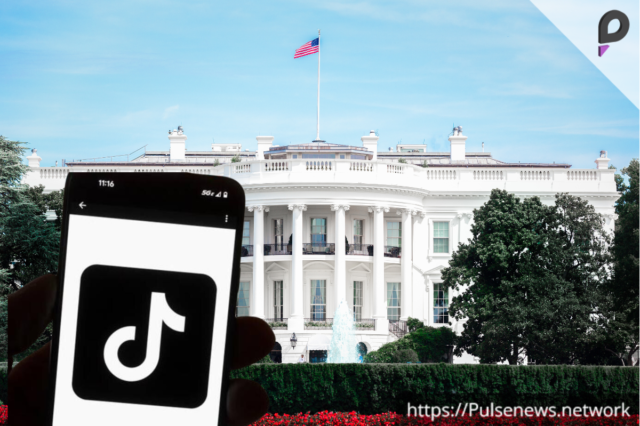Washington: The White House has dismissed TikTok shutdown warning operations in the U.S. on Sunday unless tech firms receive assurances against prosecution for violating a ban on the app. Late on Friday, TikTok stated it required a commitment from the outgoing Biden administration that companies like Apple and Google would not face penalties for ignoring the impending ban.
White House Response
White House press secretary Karine Jean-Pierre characterized TikTok’s warning as a “stunt,” asserting, “We see no reason for TikTok or other companies to take actions in the next few days before the Trump administration takes office on Monday.” This statement highlights the administration’s position that any actions regarding the ban would fall to the next administration.
Trump’s Position on the Ban
President-elect Donald Trump indicated on Saturday that he would “most likely” grant TikTok a 90-day reprieve from the ban. TikTok claimed it would have to “go dark” in the U.S. on Sunday due to a lack of clarity and assurance from the White House and the Department of Justice regarding the service providers necessary for the app’s operation.
Supreme Court Ruling and ByteDance’s Stance
This situation follows a Supreme Court ruling on Friday that upheld a law banning the app unless its China-based parent company, ByteDance, sells the platform by Sunday. However, ByteDance has consistently stated it will not seek a buyer for TikTok.
Trump Discusses TikTok with Xi Jinping
In an NBC News interview on Saturday, Trump mentioned that he had recently spoken with China’s President Xi Jinping and discussed TikTok, among other issues. TikTok’s CEO, Shou Zi Chew, is expected to attend Trump’s inauguration on Monday alongside other tech executives.
National Security Concerns
U.S. national security officials have raised concerns that Chinese spies could exploit TikTok’s data harvesting to monitor American federal employees and contractors. TikTok has denied these allegations. Despite the warnings, the platform remains popular among its 170 million U.S. users, many of whom have actively lobbied Congress against the ban. It has also served as a valuable tool for American political campaigns to engage younger voters.
Conclusion
Under the current law, the U.S. version of TikTok would be removed from app stores and web-hosting services in the coming days if the ban is enforced. As the situation develops, both TikTok and its users await the incoming administration’s decision on the app’s future in the United States.











